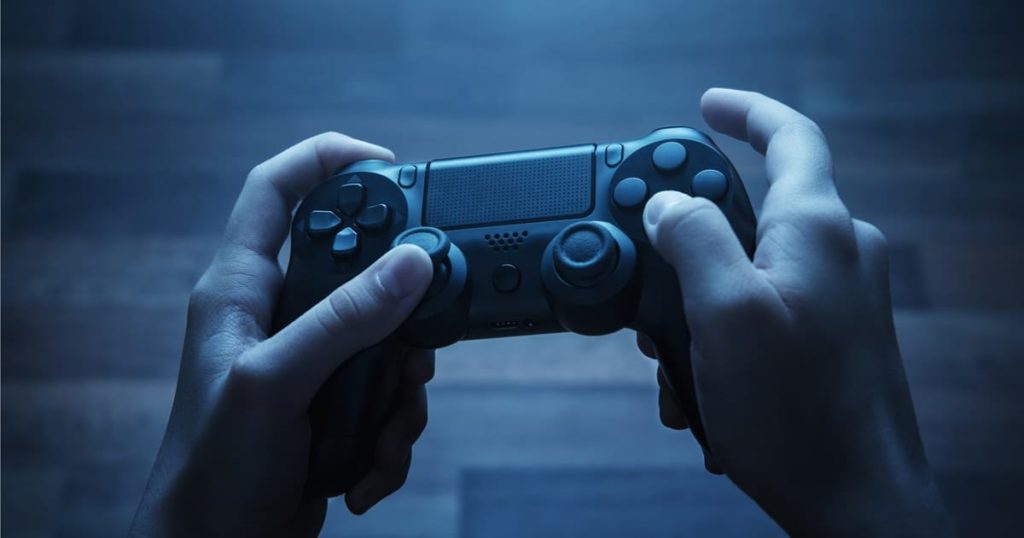Video gaming addiction isn’t the easiest condition to understand. While stories of ordinary people affected by the condition drive home some parallels, there seems to be an inherent difference between drug addictions and video game addiction. Accordingly, the latest Diagnostic and Statistical Manual of Mental Disorders (DSM-5) lists the condition as one for further study, but doesn’t put it on the same footing as substance addictions. However, a little research into the topic reveals that there are more similarities than differences between the two.
The Main Difference Between Video Game Addiction and Drug Addiction
The most obvious difference between video gaming addiction and drug addiction is the lack of a physical substance. While people addicted to drugs, alcohol or food will physically consume something in order to achieve the desired effects, in video gaming addiction, nothing is consumed. Instead, a game is played so excessively, either online or offline, that it causes problems in the individual’s day-to-day life. This may seem like a significant difference, but other widely accepted addictions like gambling addiction and sex addiction also don’t involve the consumption of a specific substance.
How Video Gaming Addiction Is Like Other Addictions: Psychological Signs
The criteria suggested by the DSM-5 for diagnosing the condition clearly show the similarities between compulsive gaming and compulsive drug use. These include:
- Preoccupation with gaming
- Tolerance
- Withdrawal symptoms
- Use despite negative consequences
- Loss of other interests
- Losing a relationship, job or something similarly important
- Lack of control
- Using gaming to modify moods
- Deceiving others about the extent of your gaming
These are all intended for the diagnosis of video gaming addiction, but it’s clear that all of them also apply to addiction to physical substances.
Neurological Similarities Between Video Gaming Addiction and Other Addictions
The most compelling evidence that gaming addiction is just like drug addiction lies is the neurological similarities. For example, video gaming results in the release of dopamine — an important neurochemical in the science of addiction — and, over time, with repeated exposure, the brain starts to restructure itself as a result. This makes other, previously pleasurable activities less enjoyable and contributes to “tolerance” to gaming, meaning people have to play for longer to get the same pleasure from the experience. Many other lines of evidence like this support addiction-like qualities of gaming. The evidence is limited — in most cases, it’s unclear whether gaming causes the changes or pre-existing differences make excessive gaming more likely — but overall it’s clear that there are many similarities between video gaming addiction and drug addiction in the brain.
Take Video Gaming Addiction Seriously; Find Support
If you or a loved one may be suffering from video gaming addiction, it’s important to take the issue seriously. Just like drug addiction, it can lead to lost opportunities, destroyed relationships, poor self-care and strained friendships. If you’re concerned, speak to a professional and do everything you can to address the issue. Sources: “Internet Gaming Addiction: Current Perspective” by Daria J Kuss “Internet gaming disorder and the DSM-5” by Nancy M. Petry and Charles P. O’Brien

